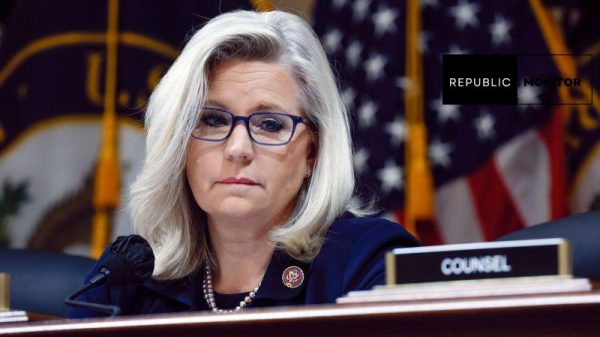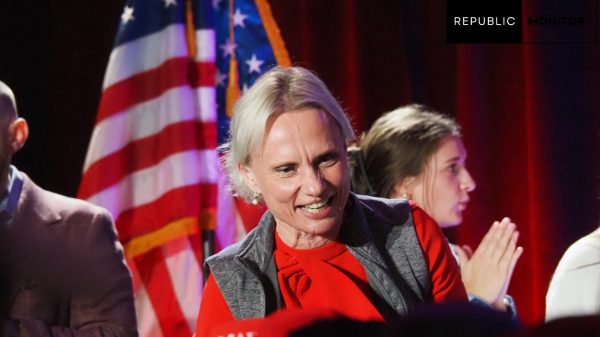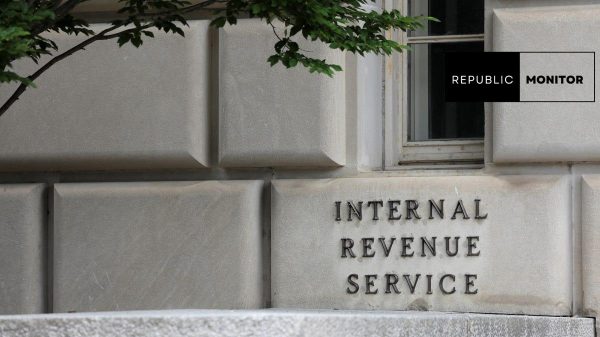By reducing funding for nutrition assistance programmes, Congress is on the verge of putting millions of Americans in a state of food insecurity. The Supplemental Nutrition Assistance Programme (SNAP) will get less funds under the House Republican farm spending bill. $20 billion over the following ten years will go towards it, popularly known as food stamps. Millions of people would consequently lose access to the food they require to survive.

Proposed Budget Cuts Threaten WIC and SNAP Programs, Deepening Food Insecurity Crisis
The Women, Infants, and Children (WIC) programme would also have its budget reduced by the proposed legislation. which offers pregnant women, breastfeeding mothers, and kids under five food and nutrition help. These budget cuts will disproportionately affect communities of colour and low-income families.
WIC and SNAP funding decreases are occurring simultaneously. while inflation is at a 40-year high and food prices are climbing. This implies that everybody, including those who are now getting food aid. It could not have the money to acquire the meals they require.
Additionally, the changes to WIC and SNAP are taking place at a time when an increasing number of people are experiencing food insecurity. 10.5% of Americans, according to the US Census Bureau, were food insecure in 2020. It has increased from 9.8% in 2019.
Protect Vulnerable Citizens from SNAP and WIC Cuts, Promote Food Security
The SNAP and WIC cuts are an unwarranted and callous attack on our society’s most defenceless citizens. Congress ought to veto these cuts and increase funding for nutrition aid initiatives. want everyone to have access to the food they require in order to lead healthy lives.
The following are some preventative measures that Congress can take. Preventing millions of Americans from becoming food insecure:
- Pass the Build Back Better Act to increase SNAP and WIC eligibility. additionally facilitate access to these programmes for people.
- Funding for the Emergency Food Assistance Programme (TEFAP) should be increased. which donates food to charities, food banks, and other institutions that aid the poor.
- Support laws that boost salaries and generate employment. in order for more people to afford to purchase food.
- Invest in initiatives that deal with issues like hunger and poverty that are at the basis of food insecurity.
To guarantee that everyone has access to the food they require to live a healthy life, we must all work together.
















